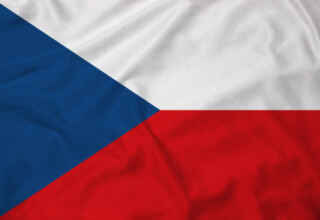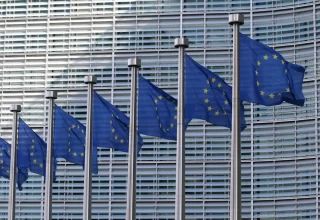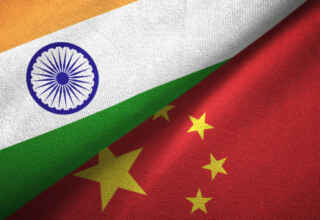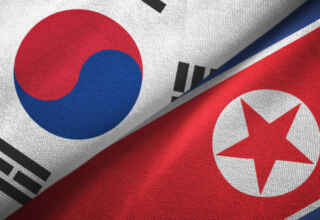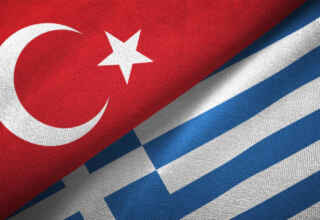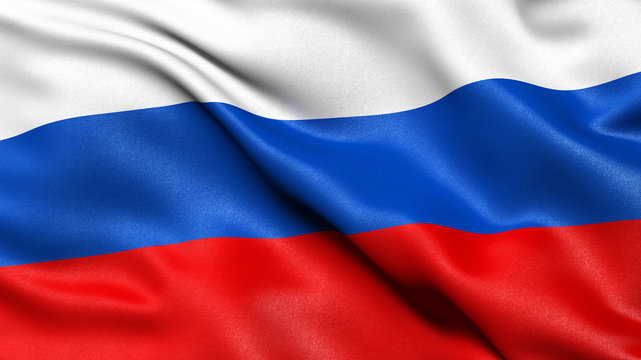
In November 2023, the Supreme Court of Russia ruled that the international LGBTQI+ movement will be officially designated as an extremist organisation. Namely, from now on, such movement officially took part in the “blacklist” of terrorist groups which will make it legitimate to subject LGBTQI+ members to arbitrary prosecutions, as well as any activist in support of their basic human rights. Therefore, the same criminal sentencing rules that extremist and terroristic groups are subjected to will apply, where punishment amounts to up to twelve years of imprisonment. Indeed, this represents a grave infringement of international human rights law.
The Inevitable Raise of the Wrongfully Convicted
Since the beginning of 2024, people have already been convicted on this new ground. A woman was detained for days just because she was wearing rainbow-colored jewellery, and numerous fines were imposed on people at fault of merely displaying the movement’s symbol, the rainbow flag, on social medias. The police have intervened themselves to begin this cleansing process by contacting photographers and activists and ordering them to delete their social media accounts, including the forced removal of photos posted in previous years. They have also proceeded to shut down gay clubs and events around the country, and to censor bands, photographers, philologists, and journalists. Indeed, this has caused a scenario of growing fear among the Russian population of expressing themselves as well as of supporting fundamental human rights of some of their fellow citizens. For instance, activist groups have already put a stop to their activities, or even there has been a total dissolution of their organisations.
It is inevitable that such ruling will end up influencing the general public perception and increase homophobic sentiment among the population, which is already ever-present in the country. The result will translate into the legitimization of oppressive and violent behaviour against LGBTQI+ groups. Already multiple people have been approached and assaulted in the public places and bullied for having published “illegal symbols”, actions that will indeed not be further investigated by the police, rather encouraged. Who will now safeguard the basic rights of this social group of the Russian population?
International Human Rights Law Implications
The ruling of the Supreme Court supports the claim of the so called “gay propaganda”, according to which LGBTQI+ members are unnatural, that their aim is to compromise the morals of the Russian population even by recurring to violence, as well as to ruin the country’s international reputation by enhancing certain tendencies. The court expressed a concern for the promoted lifestyle about sexual orientation and gender identity and in particular for the consequences that the unhindered access to information on such values will have on children. Indeed, false claims and accusations have been put forward to justify the court’s discriminatory verdict, which do not remotely represent legitimate grounds for prosecution.
Evidently this scenario goes against any international legal instrument, starting from the rights guaranteed by the International Covenant on Civil and Political Rights (ICCPR), including the right to freedom of expression of sexual orientation, and gender identity, opinion, peaceful advocacy, association and assembly, privacy, equality, and non-discrimination, as well as the rights to education protected by the International Covenant on Economic, Social and Cultural Rights (ICESCR). Both treaties to which Russia is party.
The United Nations High Commissioner for Human Rights (OHCHR) deemed this ruling as unacceptable and strongly emphasised the imperative for Russia to eliminate any law that discriminate against LGBTQI+ members. The list of wrongfully prosecuted will only increase in Russia as a consequence, which now extends beyond the political prosecution of organisations affiliated with opposition parties. Now, also expression of sexuality will be criminalised in illiberal Russia. One might wonder which minority group will be the next target.
By The European Institute for International Law and International Relations


